Our Projects
Current projects in the laboratory.
Biophysicals and Fundamentals
We employ mass spectrometry experiments and computational models in our laboratory to study the reaction pathways of peptide radical ions. Peptide radicals are believed to play important roles in various biological processes, including aging and neurodegenerative disease, but are poorly understood at present. Through our investigations, we seek a better understanding of the generation of peptide radicals as well as new insight into the fundamental aspects of the chemistry involved, such as the mechanisms of gas phase ion fragmentations.
See related publications.
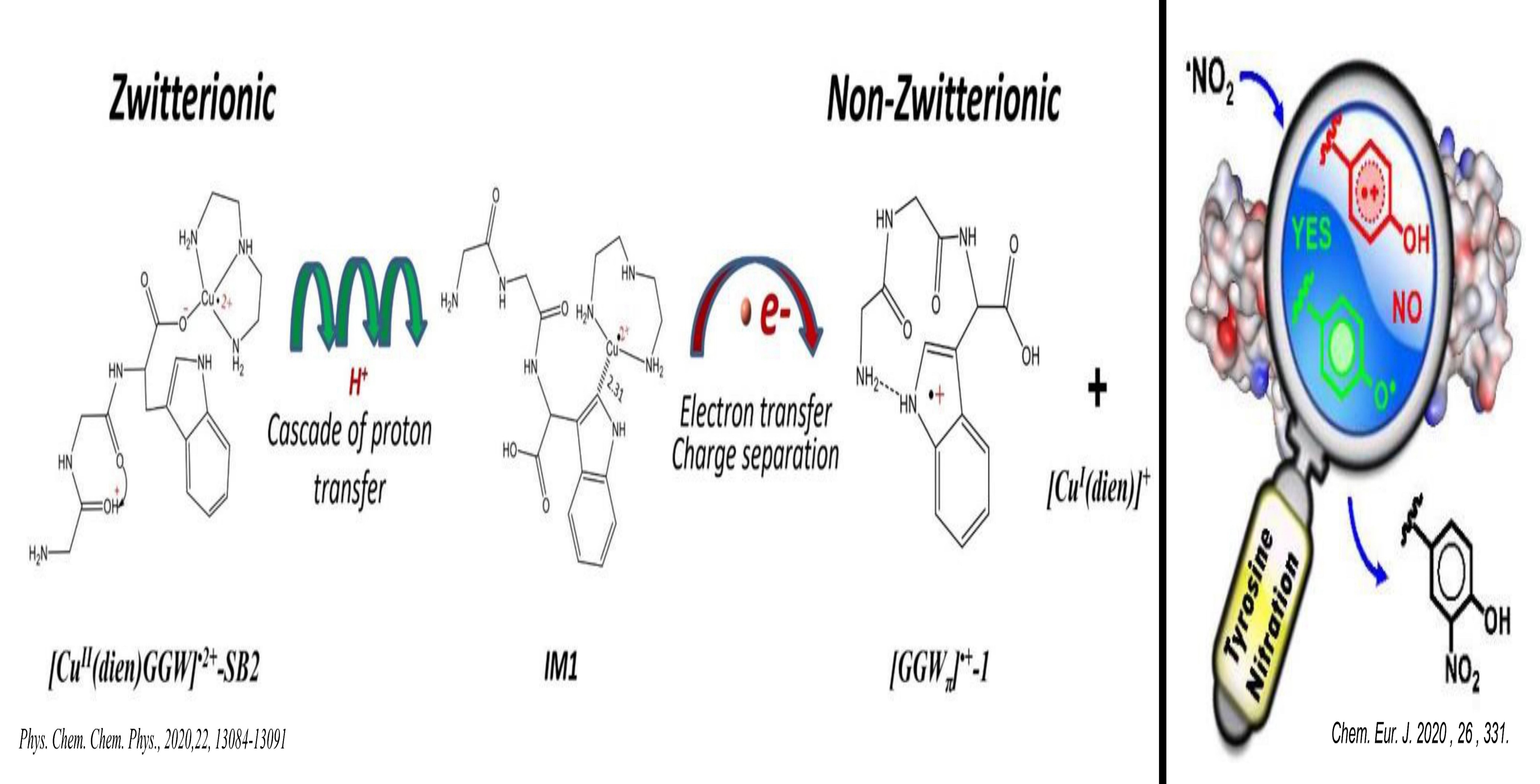
Bioanalyticals and the Next Generation of Mass Spectrometry Instrumentation
Interdisciplinary research in this group focuses on the development of new instrumentation and techniques in multi-dimensional liquid chromatography mass spectrometry (MDLC-MS) for biomolecule applications. We are continually interested in modifying existing mass spectrometric hardware, in collaboration with mass spectrometer manufacturers, that may explore new methods of proteomics, glycomics and metabolomics analysis. Sensitive, efficient and automated mass spectrometric methodologies will be developed for omics analyses.
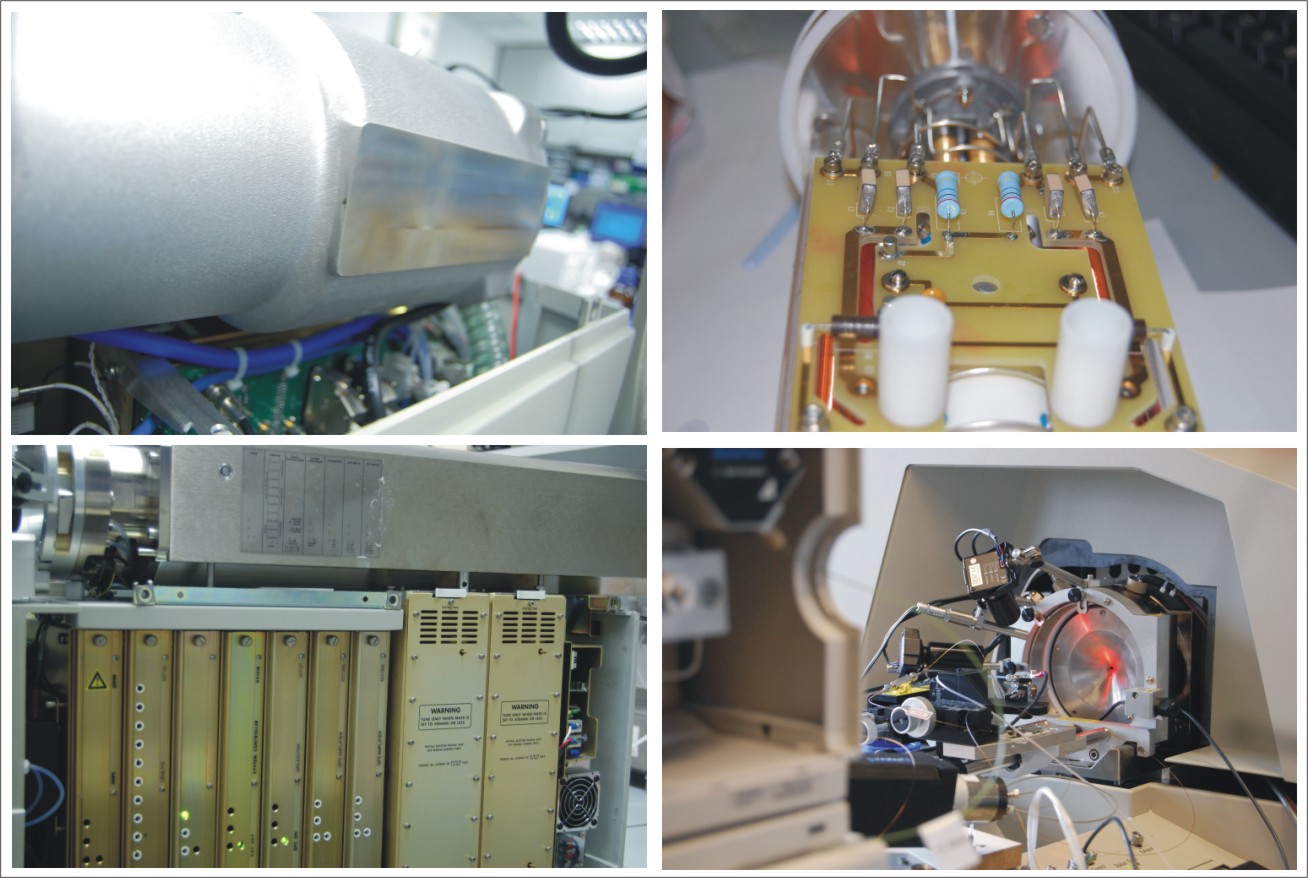
Mass Spectrometry-Based Omics
We are actively engaged in the application of mass spectrometry to proteomics and glycomics. Using our analytical tools, we are identifying and characterizing glycoproteins that participate in several novel and important cellular functions. Much of our work in proteomics is geared towards the study of oxidative post-translational modifications with connections to neurodegenerative disorders.
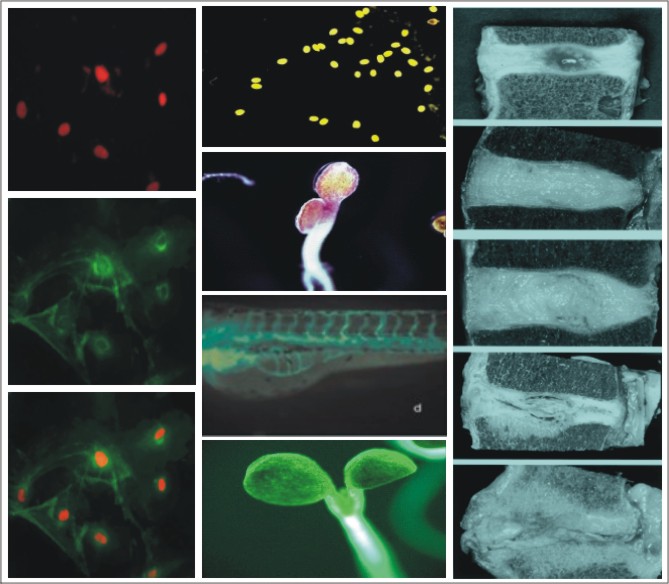
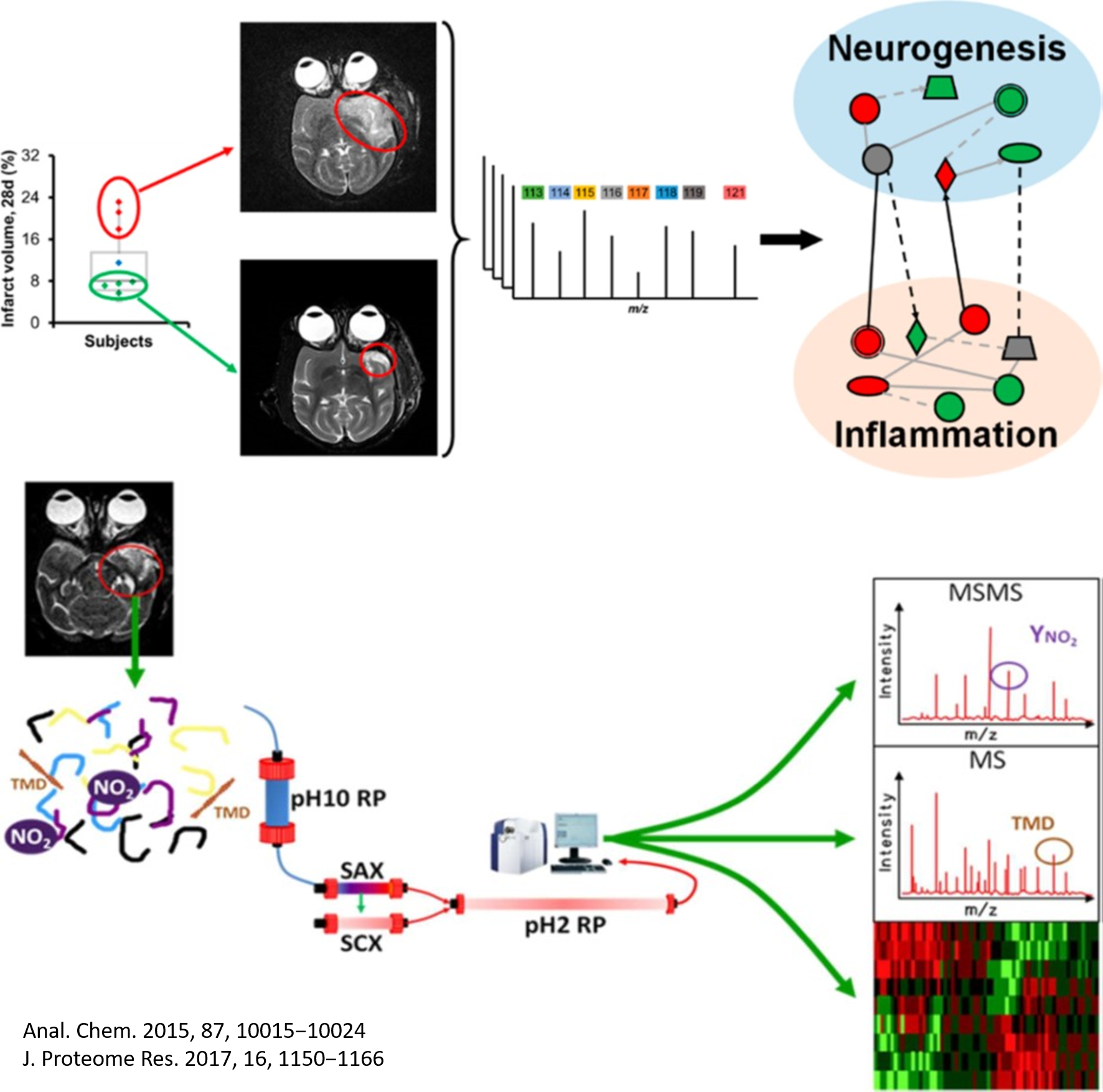
Bioinformatics Analysis of Proteomics Data
The high-throughput of modern proteomics experiments renders analysis a project in large-scale data analysis, requiring the use of bioinformatics tools and principles. Our interests focus on identifying and validating post-translationally modified peptides using protein sequence database search and post-processing tools. We are also interested in exploring the reasons why spectra arising from such modified peptides are frequently left unassigned by protein sequence database search.
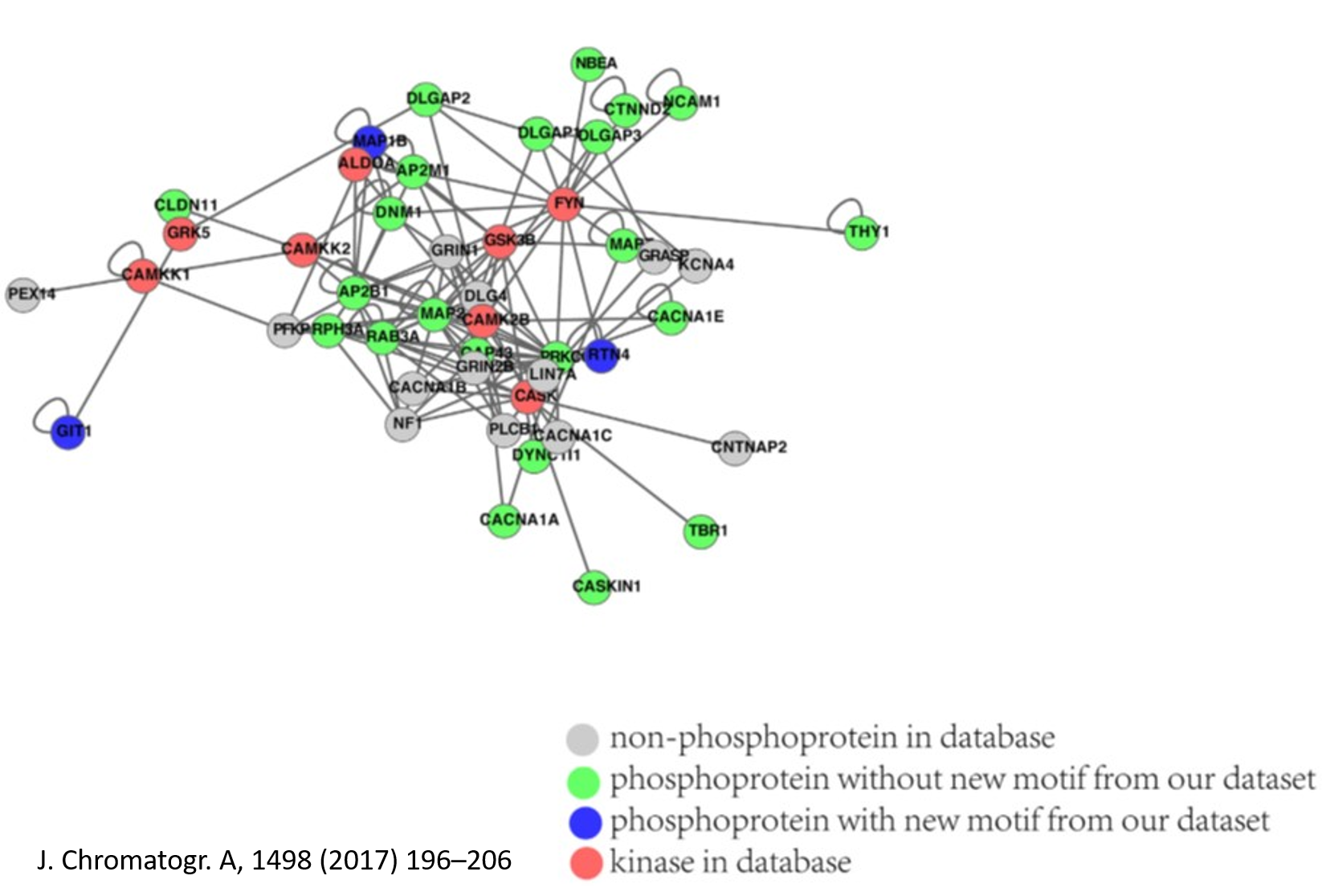
Research Collaborations
- Faculty of Science, HKU
- La Ka Shing Faculty of Medicine, HKU
- University of Macau, Macau SAR, China
- Beijing Normal University, China
- MDS-SCIEX, Toronto, Canada
- IONICS, Canada
- National Research Council, Canada
- Pacific Northwest National Laboratory, USA